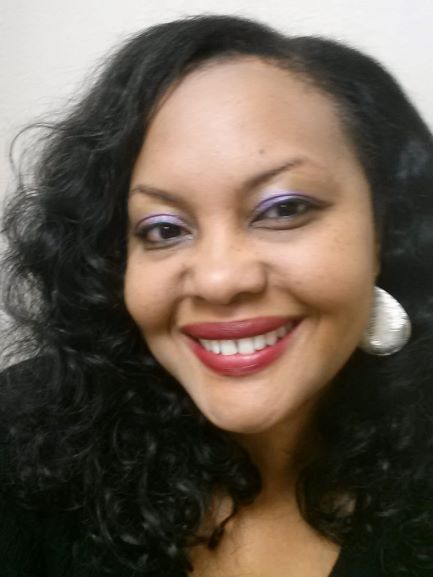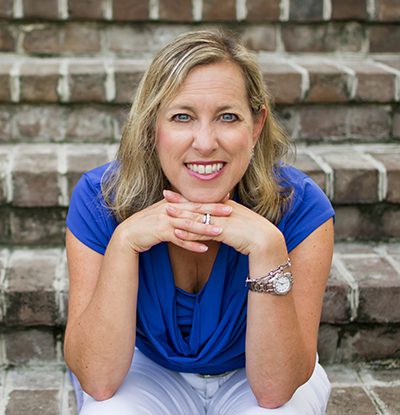If I Stop Treatment Will I Start Dying?
If I stop treatment does it mean I stop trying? If I stop trying does it mean I’ll start dying? I don’t want to die.
When faced with the above considerations, what decision do we make? How do we face the realization “I am going to die”?
Most of us go through life with the notion that other people die, not me or anyone close to me. Yet for all of us that bubble of illusion will someday break.
If we don’t die a fast death, by accident (no warning), we will die a gradual death from disease or old age. Either way someday all of us will die. How do we prepare for that day? Do we or should we prepare for that day?
I don’t have a one size fits all answer to those questions. Each of us will prepare for our eventual (assumed gradual) death in our own way, according to our personality. Doer personalities will have their advanced directives and Five Wishes completed and filed away. They will have talked with their family and significant others years before that information will be needed. A procrastinator personality may never address their advanced directives even though they may have given it some thought. An easy going personality ——it goes on and on. Think about who you are and how you are addressing your eventual death.
I have found that being old has brought the idea of death closer to my consciousness. How much longer do I have here? Does this mean my headache is really a brain tumor? I forgot the name of my old friend. Do I now have dementia starting? More of my friends are getting ill, dying. “How are you doing?” has become part of our conversations.
What I have learned in all the years of being up close, but not personal with dying and death is that everybody dies and most people don’t want to. I learned that we will die the way we have lived and according to our personality if it is a gradual death. I’ve learned we don’t die like in the movies and no one is ever “prepared” (for their own death or the death of someone close). I’ve learned that taking care of someone as they approach the end of life is different than taking care of someone who is going to get better. I’ve learned that most doctors are uncomfortable addressing the unfixable.
When faced with the option of no option most of us will try to find an option anyway, anything to the alternative of the finality of death. Example: Mom in the ICU, non responsive, on a ventilator, IVs, doctors asking about a Do Not Resuscitate order and the family saying “Nooooo.”
I think the reason hospice gets their referrals in the weeks before death rather than months is because hospice implies death will come. We look for and hope for a fixable option because the unfixable option is unacceptable. Death is never okay for someone I care about, NEVER.
All this said, hopefully, we will take the opportunity to say good-bye, to stop desperate treatments, to accept comfort care, to use our time more wisely in this final chapter of our lives that we will all write.
Something More About… If I Stop Treatment Will I Start Dying?
My End of Life Guideline Series Bundle takes patients and families from diagnosis to the Grief journey. What to expect during the dying process, how to care for yourself for the months after you’ve been told by your doctor that treatments are no longer working, to understanding the use of narcotics at end of life and beginning the grieving process is covered in these little booklets.
Originally Published on https://bkbooks.com/blogs/something-to-think-about


























Already a Member? Login Here.
Not Yet a Member? Join the Conversation Today!